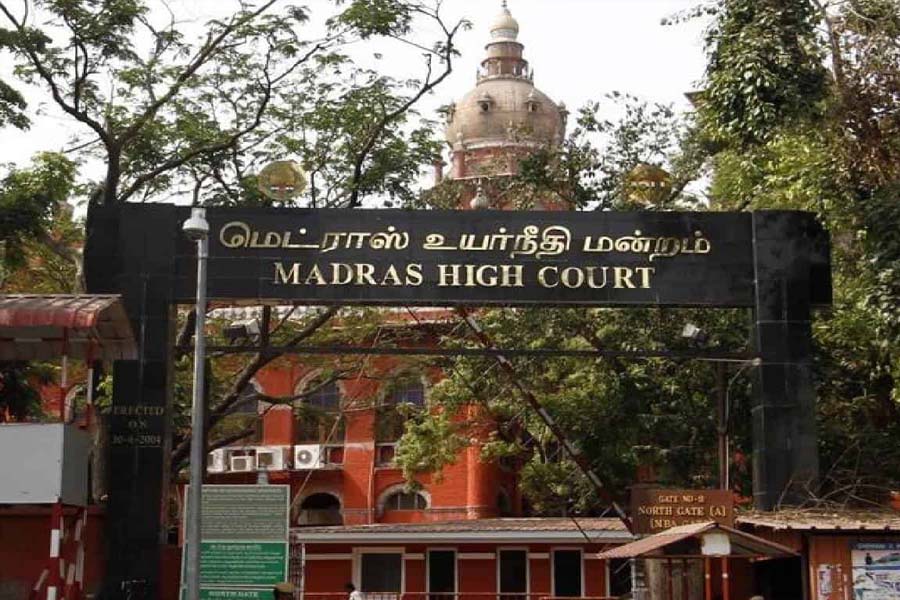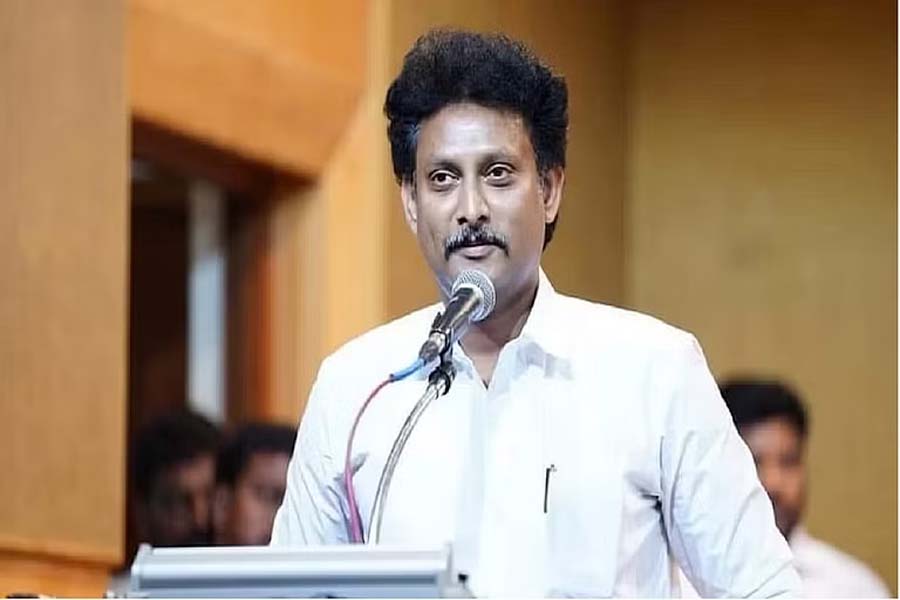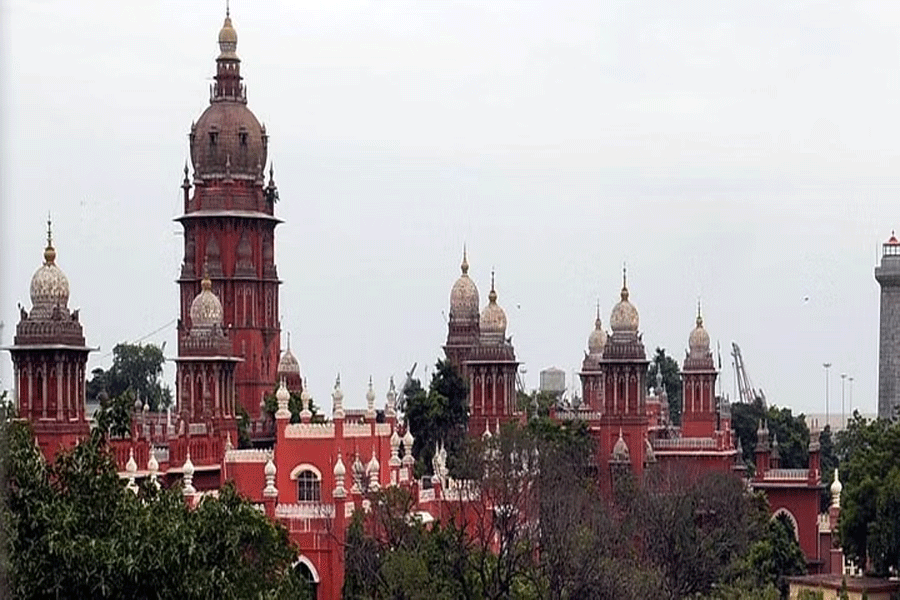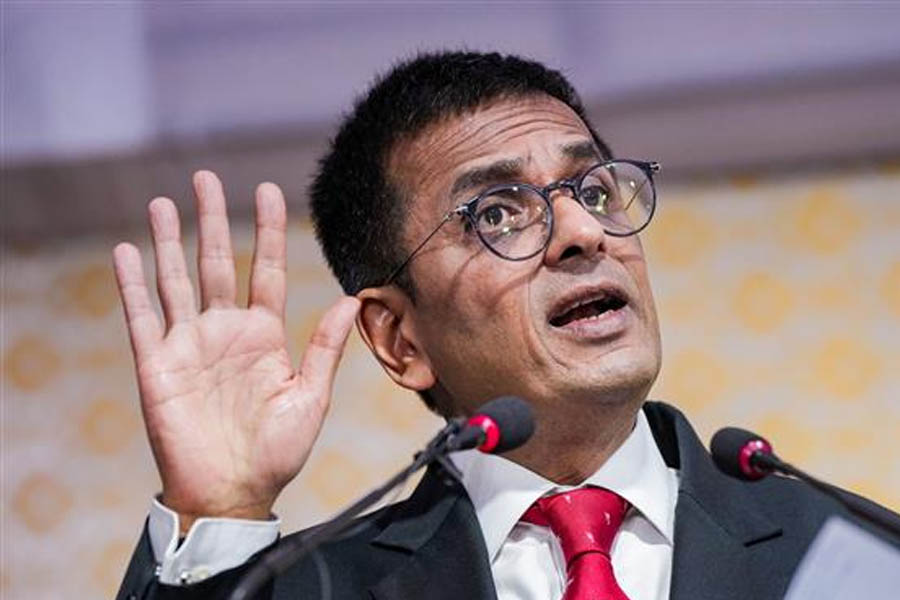Chennai: The Madras High Court on Monday made it clear that pedigree based on caste will not have any role to play in the appointment of an ‘archaka’ (temple priest) if the person selected for the post satisfies the requirements such as proper training, being well-versed in knowledge required, and qualified to perform pujas and other rituals as per the requirements of Agama Sastra applicable to the temple concerned.
Justice N Anand Venkatesh made the ruling while disposing of the petition filed by Muthu Subramania Gurukal in 2018 challenging a notification issued by the Executive Officer of the Sri Sugavaneswarar Swamy temple in Salem during that year calling up applications for filling up the post of archakar/sthanigar.
The petitioner had appealed that appointments must be made only on the base of Agama Sastra followed by the temple.
The Madras High Court constituted a committee headed by its retired judge, Justice M. Chockalingam to identify Agamic and non-Agamic temples in Tamil Nadu.
As questions were asked whether the appointments of priests in temples should be deferred until the committee submitted its report, the court said that there would be no impediment for temple trustees and fit persons appointed by the Hindu Religious and Charitable Endowments Department to appoint the priests even before the submission of the report.



